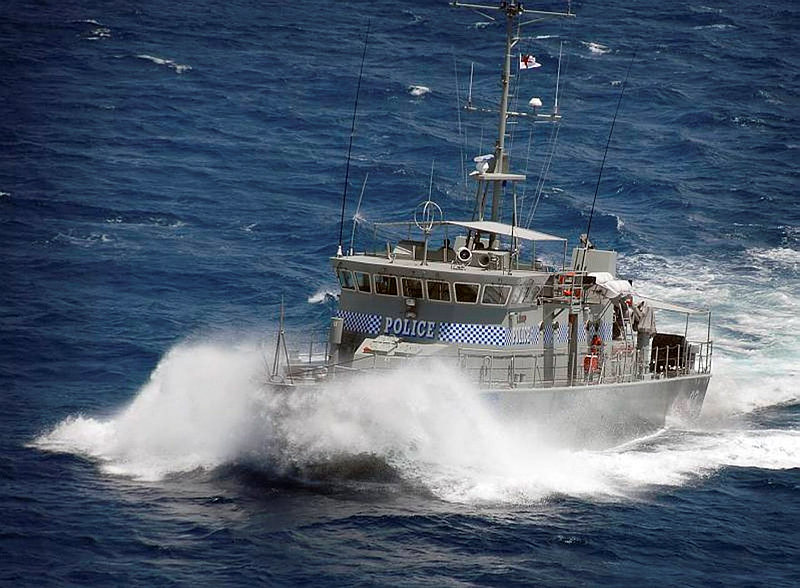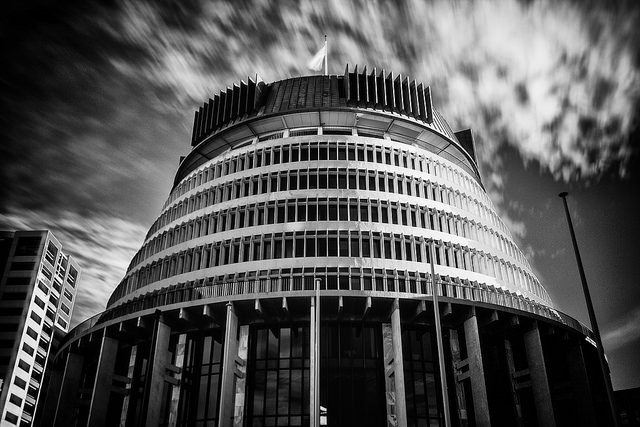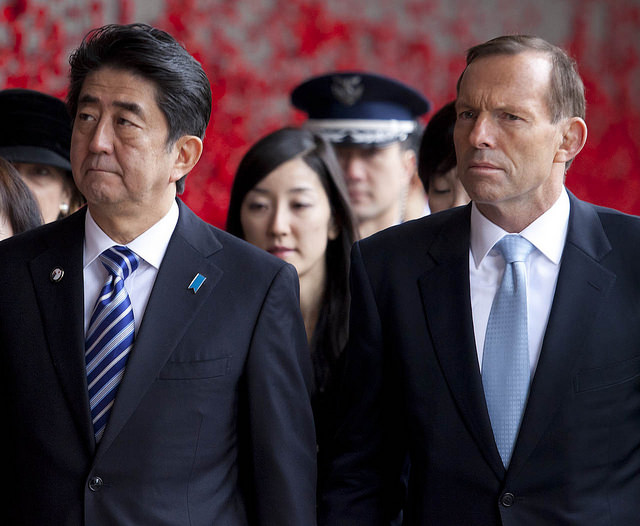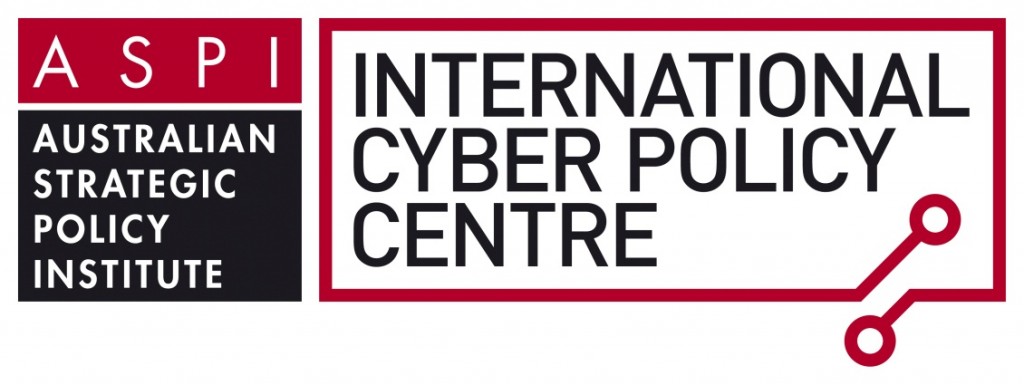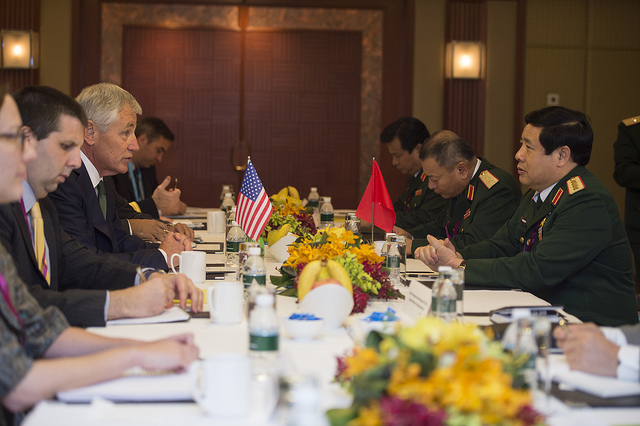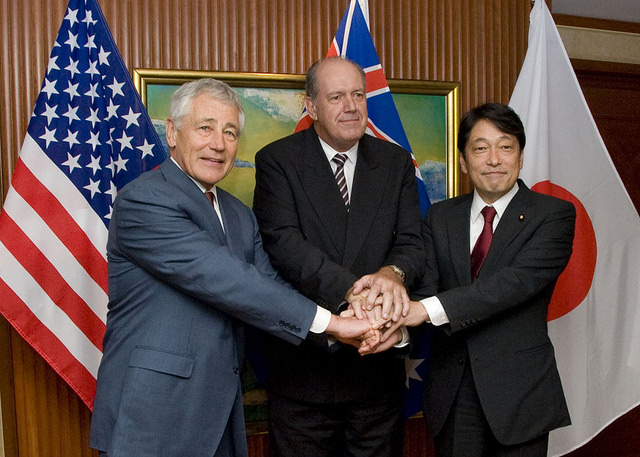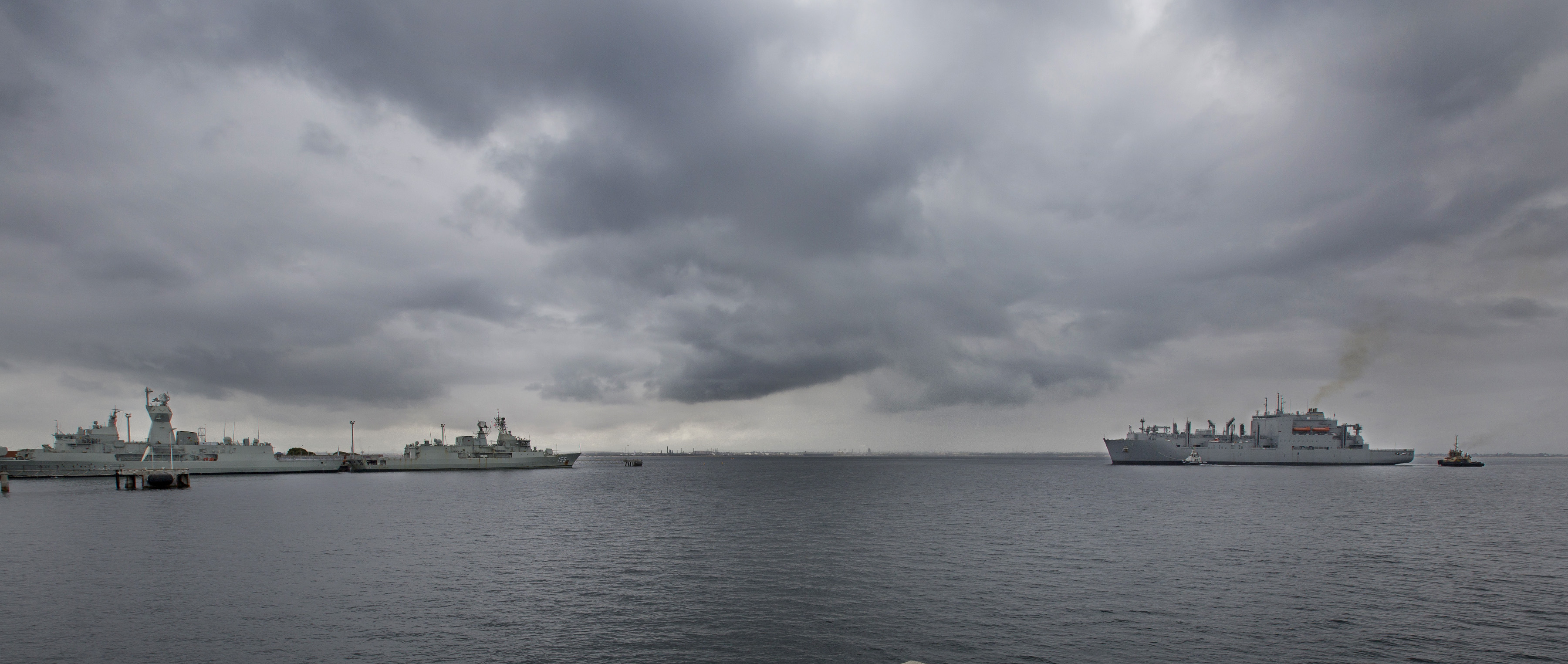Pacific maritime security—from quad to hexagon
In the joint statement following Prime Minister Abbott and Prime Minister Abe’s meeting, titled ‘Special Strategic Partnership for the 21st Century’, one of the action items listed was tasking officials to develop a ‘coordinated strategy to strengthen cooperation in the Pacific region, commencing with consultations to identify priorities’. The two leaders stated that the strategy would ‘support economic prosperity, peace and stability in the Pacific region’.
To get the ball rolling, both countries should now be talking about cooperation on maritime security in the South Pacific. The timing couldn’t be better. It’d not only build on the goodwill from the Abe visit but also on changes to Japan’s aid policy that could strengthen defence and security cooperation.
Late last month, recommendations for changes to Japan’s Official Development Assistance (ODA) policy were sent to the Minister for Foreign Affairs by an expert committee. The committee suggested relaxing the ODA ban on military-related projects, arguing that, as military capacity can assist in non-military areas, such as disaster relief, Japan shouldn’t exclude all military activities from its ODA. Read more

